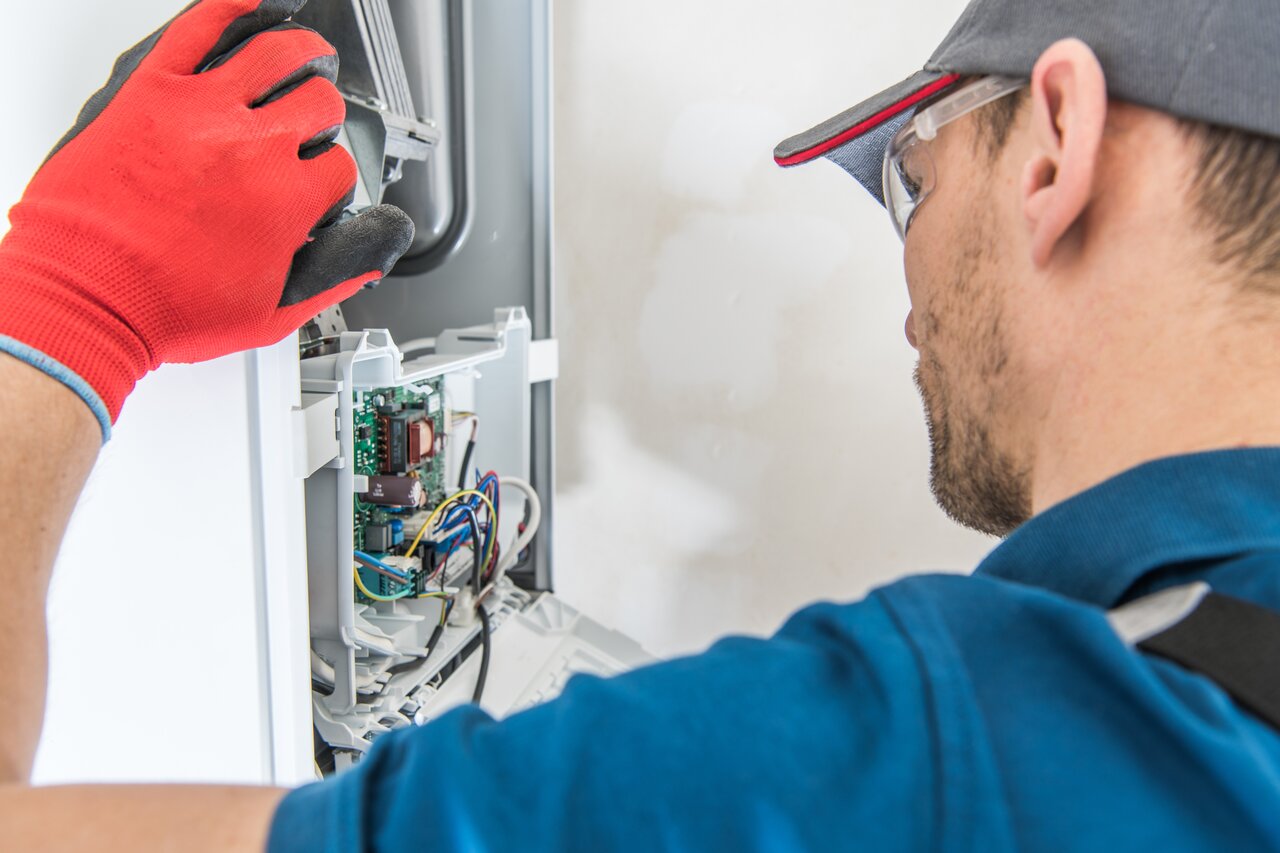The heating system in your home or business plays a crucial role in providing comfort and warmth throughout the cold months. However, over time, even the most well-maintained systems begin to lose efficiency and effectiveness. As your heater approaches the end of its lifespan or experiences frequent issues, it may be time to consider a replacement. Upgrading to a new heating system can improve energy efficiency, reliability, and overall performance, ensuring consistent comfort for years to come.
Selecting the right heater for your home or business can be an overwhelming task, given the wide range of systems and factors to consider. However, partnering with our experienced team of professionals can make the process both seamless and straightforward. Our experts will take the time to understand your specific needs, preferences, and budget, ensuring you find the perfect heating solution for your unique situation.
Continue reading as we explore the various factors to consider when deciding on a heater replacement for your home or business, including cost, energy efficiency, and compatibility with your existing systems. Additionally, we will discuss different types of heating systems, such as furnaces, heat pumps, and ductless mini-split systems, helping you to understand the benefits and drawbacks of each option.
Key Factors to Consider When Choosing a Heater Replacement
- Cost – Understanding the upfront costs, installation fees, and long-term operational costs of different heating systems will help you make a more informed decision.
- Energy Efficiency – Investing in an energy-efficient heater not only reduces your energy bills but also lessens your environmental impact.
- System Compatibility – Consider the compatibility of a new heating system with your current infrastructure, such as ductwork and electrical capacity.
- Comfort & Performance – Ultimately, you want a heating system that will provide consistent, even heating throughout your home or business.
Now let’s delve into some of the most common heater replacement options and discuss the benefits and drawbacks of each.
Furnaces
Furnaces are a popular choice for heating systems, utilizing natural gas, propane, or electricity as the fuel source to heat air, which is then distributed throughout your property via ductwork. When considering a furnace replacement, you’ll want to consider the following aspects:
- Fuel Source – Determine the availability and cost of the fuel source in your area (natural gas, propane, or electricity) and compare them to help you make an informed decision.
- Efficiency Rating – Look for furnaces with a high Annual Fuel Utilization Efficiency (AFUE) rating, which indicates the percentage of fuel converted to heat. A higher AFUE means a more efficient furnace.
- Size – Proper sizing of a furnace is crucial for optimal performance. Our professionals can help you determine the correct size for your home or business.
Heat Pumps
Heat pumps are an energy-efficient alternative to traditional furnaces and air conditioners, working by transferring heat between the indoors and outdoors. They can provide both heating and cooling for your property. Factors to consider when selecting a heat pump include:
- Types – There are two main types of heat pumps: air-source and ground-source (geothermal). Understand the differences in efficiency, installation, and maintenance to make a well-informed decision.
- Heating and Cooling Efficiency Ratings – Look for heat pumps with high Seasonal Energy Efficiency Ratio (SEER) and Heating Seasonal Performance Factor (HSPF) ratings to ensure maximum energy efficiency.
- Size and Capacity – Similar to furnaces, proper sizing of a heat pump is essential for optimal performance. Consult with our professionals to determine the best heat pump size and capacity for your property.
Ductless Mini-Split Systems
Ductless mini-split systems are an efficient and versatile option for those looking to replace their heating system without installing extensive ductwork. Key considerations for ductless mini-split systems include:
- Zoning Capabilities – Ductless systems can provide individual temperature control for different areas within your home or business, offering increased comfort and energy efficiency.
- Installation Requirements – Understand the installation requirements, such as wall or ceiling space, for both indoor and outdoor components of a ductless mini-split system.
- Energy Efficiency – Look for ductless systems with high SEER and HSPF ratings for optimal energy efficiency.
Partner with Our Professionals for Expert Guidance and Quality Service
Selecting the perfect heater replacement for your home or business can be a daunting task, but our experienced team of professionals is here to guide you through the process. By understanding the factors to consider when choosing a heating system and exploring the wide range of available options, you can make a well-informed decision that improves comfort, efficiency, and reliability within your property.
At D&T Heating & Cooling, our team is committed to providing knowledgeable advice, top-notch installation, and ongoing maintenance support to ensure your new heating system meets and exceeds your expectations. Contact our professionals today to learn more about our heater replacement services in Middletown, DE, and together, we can help you find the ideal solution for your home or business.








